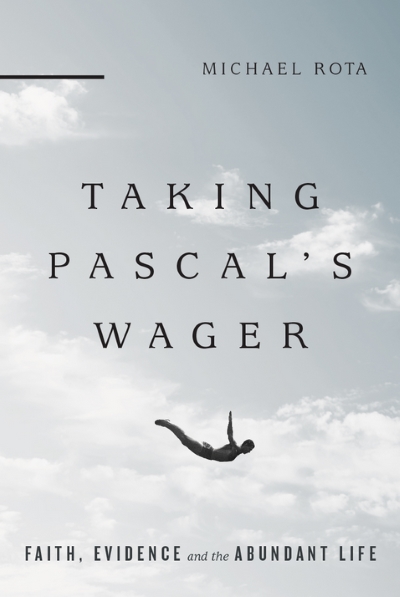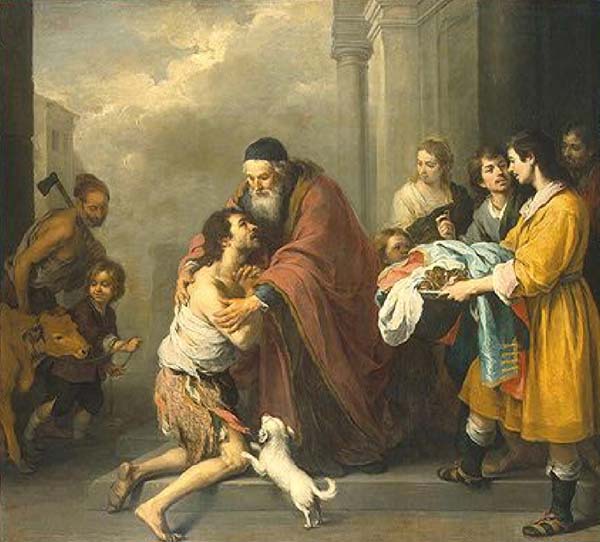Podcast: Play in new window | Download
Subscribe: Spotify | Email | RSS
 What if you believe in Christianity, and it’s false? Have you lost much, really? On the other hand, if you believe it and it’s true – eternal life!
What if you believe in Christianity, and it’s false? Have you lost much, really? On the other hand, if you believe it and it’s true – eternal life!
What if you don’t believe it, and it’s true? No eternal life, and maybe something way worse. What if you don’t believe it, and it’s false? You’ve successfully avoided wasting your time and money on church, and have avoided believing a falsehood. A little gain, to be sure, but nothing extreme.
If you think the most compelling options are Christianity or naturalism, these are the possibilities you must weigh. Just compare them. Isn’t the prudent choice to do whatever it takes to believe Christianity, adopting the lifestyle of a participating seeker, and hoping that Christian beliefs will eventually follow?
In this episode Dr. Michael Rota of the University of St. Thomas discusses his new book Taking Pascal’s Wager: Faith, Evidence and the Abundant Life. This is an accessible, well-written, and carefully argued book which makes good use of much recent work by philosophers of religion. In my view, it’s better than C.S. Lewis’s classic Mere Christianity. In this first part of our conversation, Dr. Rota presents the basics of part 1 of the book, a practical argument for taking up a religious life. It turns out that the social sciences have strengthened the argument in some ways which Pascal couldn’t have anticipated.
Links for this episode:
- Dr. Rota’s home page
- Blaise Pascal (1623-62)
- Montaigne
- Peter Kreeft
- Scientology
- Luke 15:11-32
- This week’s thinking music is “Number 0“ by Jesse Spillane.


Great podcast (as usual).
I wrote a response here:
http://randalrauser.com/2016/09/rotas-wager-pascal-epistemic-virtue/
By the way, you guys talked about the story where Bertrand Russell said he would posthumously justify his unbelief in God by declaring, “Not enough evidence.” It sounds apocryphal but John Searle claims to have been there. According to Searle, the famous exchange occurred at a dinner at a London restaurant when Russell was in his mid-80s. See “Mind, Language and Society,” 37.
Comments are closed.